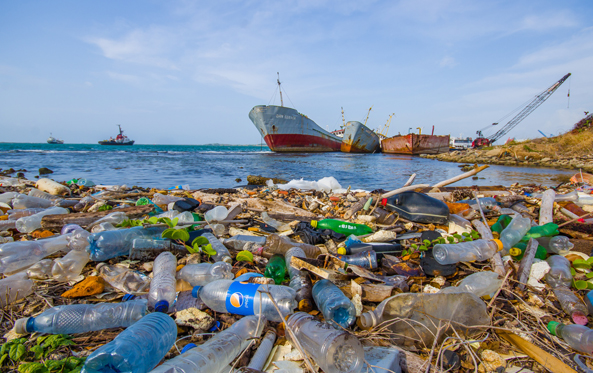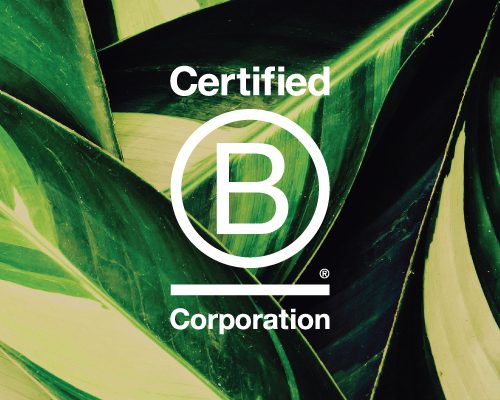On September 25, 2015, the 193 countries of the UN General Assembly adopted the 2030 Development Agenda titled, “Transforming our world: the 2030 Agenda for Sustainable Development”. The agenda outlined 17 Sustainable Development Goals (SDGs) to “end poverty, protect the planet and ensure prosperity for all.” Each goal has specific targets to be achieved over the next 15 years.
The 14th SDG, “Life Below Water,” is to conserve and sustainably use the oceans, seas and marine resources for sustainable development. Oceans, seas and coastal areas form an integrated and essential component of the Earth’s ecosystem and are critical to sustainable development. But they are also facing threats of marine and nutrient pollution, resource depletion and climate change, all of which are caused primarily by human actions.
Governments, businesses and civil society all have a role to play in ocean management as their practices and operations can greatly affect marine life and resources, as well as generate waste and pollution.
Here’s a list of actions that businesses can take to contribute to a sustainable future:
- Track the life cycle of products and materials to understand how they are disposed and which products could likely find their way into marine environments.
- Record and disclose information on the chemical and material usage within products, packaging, and processing systems to facilitate closing the loop.
- Improve resource efficiency by altering the design, manufacture, or use of products and packaging to reduce the amount of waste that could potentially enter the environment.
- Improve resource efficiency by generating value from waste.
- Replace, limit or prohibit the use of certain chemicals, additives, or materials that could prevent closing the loop or lead to nutrient pollution or chemical and physical hazards if they happen to reach marine ecosystems.
- Prevent waste mismanagement or littering that could pollute the marine environment.
- Raise consumer awareness on effective ways to properly dispose of their waste to discourage littering and promote responsible behavior.
- Prohibit practices that put marine species and resources at further risk of harm, exploitation or depletion.
- Contribute to the development of waste management technologies that minimize the use of clean water.
- Utilize a value-chain approach to create connections between the design, packaging, marketing and recycling of materials with the goals of reducing their environmental impact at the end of their lifecycle.
These examples are non-exhaustive and some may be more relevant to certain industries than to others.
The sub-theme for GLOBE Forum 2018 is the health of our oceans. This March, GLOBE Forum puts a spotlight on the plight of our oceans, and the role business, government, and civil society can play to protect them. Learn more about our Sub-theme: Oceans.




